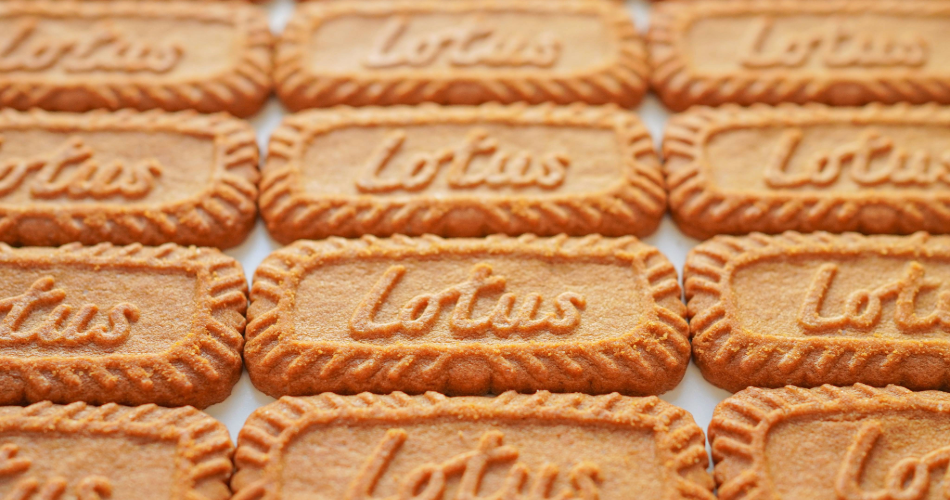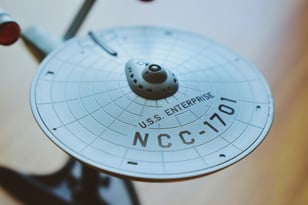
Since 1990 businesses seeking to defend their intellectual property (IP) rights in the UK have had the option of using a less costly and less complex alternative to the High Court. Originally called the Patents County Court, the Court was reconstituted as a specialist list in the Chancery Division of the High Court in 2013 to form the Intellectual Property Enterprise Court (IPEC). The new name of the Court was the subject of much debate and it has been suggested that the name chosen reflects the passion of one particular Judge for Star Trek and the Starship Enterprise!

The Intellectual Property (Starship?) Enterprise Court
IPEC is designed to provide access to justice for small and medium size enterprises (SMEs) and individuals involved in intellectual property disputes (mainly patents, trade marks and passing off, designs and copyright). It is intended for shorter, less complex, less valuable claims and to achieve this the IPEC has distinctive procedures, financial limits and cost rules.
Hearings at the IPEC
The IPEC has a multi-track and a small claims track. This means that there are two alternative procedures for making a claim. The IPEC multi-track has a limit on damages of up to £500,000. Costs orders will be made which are proportionate to the nature of the dispute and subject to a cap of no more than £50,000 on final determination of a claim and to £25,000 on an enquiry as to damages or an account of profits. The small claims track is for suitable claims with a value of up to £10,000. Costs orders on the small claims track are highly restricted. Hearings in the IPEC are limited to two days and importantly, a case may be transferred to the High Court if the Judge considers it too complex, for example when there is considerable evidence or the parties are not SMEs or individuals. The remedies available are extensive and include preliminary and final injunctions, damages, accounts of profits, delivery-up and disclosure.
The key advantages of IPEC are:
- Speed – cases could be dealt with within a year compared to two to three years in the High Court
- Cost – because there are fewer and shorter hearings than in the High Court trials frequently only last one day or half a day
- Reduced financial risk – due to the costs and damages caps
- Specialist judges – IPEC judges are specialists in IP who encourage active case management.
Small claims, pro bono and COVID-19
Since October 2019 cases can be heard for small claims in Birmingham, Bristol, Cardiff, Leeds, Manchester and Newcastle to improve the accessibility of the Court to litigants outside London. Professional photographers and self-employed designers in particular have used the small claims system across the country to obtain compensation for infringement of their copyright, with little risk of being ordered to pay the legal costs of the infringer. It is also possible to request that IPEC multi-track cases be heard outside London, although this is still rare.
The main Judge of the Court is His Honour Judge Hacon, who has been active in promoting pro bono legal services for claimants and defendants at the IPEC in recognition that a lack of access to professional advice can impede the administration of justice.
IPEC has remained operational through telephone and video link hearings despite the impact of COVID-19 and in-person hearings are still available where absolutely necessary, with the necessary safety measures in place. A recent key decision of the Court involved the conflict between the trade mark “British Gymnastics” and “UK Gymnastics”, where the British Amateur Gymnastics Association succeeded in their infringement action against UK Gymnastics Limited and related bodies.


“British Gymnastics” and “UK Gymnastics” (Source)
The availability of IPEC helps ensure that businesses of any size in the UK can now protect their IP assets and ensures access to justice at a fair cost for rights holders. The success of the Court has been reviewed by a number of other countries and we look forward to the establishment of similar initiatives across the world for the benefit of IP rich industries.
Kate is a Solicitor and Chartered Trade Mark Attorney with over 25 years’ experience in relation to trade marks and related copyright, design and internet matters. Her work includes advising on the adoption, registration and enforcement of trade marks internationally, with a particular focus on the leisure and retail industries with a global reach. She has a particular expertise in counselling clients on international filing and enforcement strategies and avoiding dilution of the value of trade marks. Advising charities has also been a key aspect of Kate’s work and she was awarded an MBE in 2016 for services to education. Kate is the former President of the Chartered Institute of Trade Mark Attorneys and currently chairs the Representation Advisory and Working Groups of CITMA.
Email: Kate.O’Rourke@mewburn.com
Sign up to our newsletter: Forward - news, insights and features
Our people
Our IP specialists work at all stage of the IP life cycle and provide strategic advice about patent, trade mark and registered designs, as well as any IP-related disputes and legal and commercial requirements.
Our peopleContact Us
We have an easily-accessible office in central London, as well as a number of regional offices throughout the UK and an office in Munich, Germany. We’d love to hear from you, so please get in touch.
Get in touch.jpeg?width=100&height=100&name=Kate%20ORourke%20Feb-21%20(1).jpeg)

